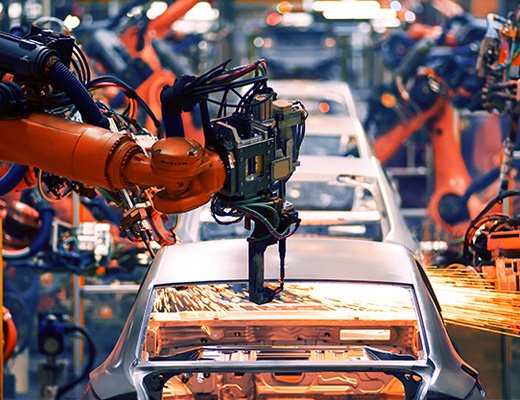Introduction
Technology has become an integral part of human civilization, driving progress and transforming every aspect of life. From the invention of the wheel to the rise of artificial intelligence (AI), technological advancements have continuously reshaped societies, economies, and cultures. Today, technology influences how we communicate, work, learn, and even think. This article explores the evolution of technology, its benefits, challenges, and the future it promises.
The Evolution of Technology
1. Early Technological Innovations
Human history is marked by groundbreaking inventions that laid the foundation for modern technology. The discovery of fire, the invention of the wheel, and the development of agriculture were pivotal in early human survival and societal growth. The Industrial Revolution (18th–19th centuries) introduced machinery, steam engines, and mass production, revolutionizing manufacturing and transportation.
2. The Digital Revolution
The 20th century witnessed the rise of computers, the internet, and telecommunications, marking the beginning of the Digital Revolution. Key milestones include:
-
1940s–1950s: Invention of the first electronic computers.
-
1970s–1980s: Development of personal computers (PCs) by companies like Apple and IBM.
-
1990s–2000s: The internet and mobile technology transformed communication and business.
3. The Age of AI and Automation
Today, artificial intelligence, robotics, and the Internet of Things (IoT) dominate technological progress. AI-powered systems, self-driving cars, and smart devices are changing industries and daily life.
The Benefits of Technology
1. Improved Communication
Technology has made communication instantaneous and global. Smartphones, social media, and video conferencing tools like Zoom allow people to connect across continents in real time.
2. Advancements in Healthcare
Medical technology has led to breakthroughs such as:
-
Telemedicine: Remote consultations and diagnostics.
-
Robotic Surgery: Precision operations with minimal invasiveness.
-
Wearable Health Tech: Devices like smartwatches monitor heart rate, sleep, and fitness.
3. Enhanced Education and Learning
E-learning platforms (Coursera, Khan Academy), digital textbooks, and virtual classrooms make education more accessible. AI-powered tutors personalize learning experiences for students.
4. Economic Growth and Efficiency
Automation and digital tools boost productivity in industries like manufacturing, finance, and agriculture. E-commerce (Amazon, Alibaba) and digital banking (PayPal, cryptocurrency) have revolutionized business.
5. Smart Living and Sustainability
Smart home devices (Google Home, Alexa), energy-efficient appliances, and renewable energy technologies (solar panels, electric vehicles) promote sustainable living.
Challenges and Ethical Concerns
Despite its advantages, technology presents significant challenges:
1. Job Displacement and Automation
AI and robotics are replacing human jobs in manufacturing, customer service, and even creative fields. Reskilling workers is crucial to adapt to the changing job market.
2. Privacy and Data Security
With increasing digital footprints, data breaches and cyberattacks threaten personal and corporate security. Regulations like GDPR aim to protect user privacy, but risks remain.
3. Digital Divide
While developed nations enjoy high-speed internet and advanced tech, many regions lack basic digital infrastructure, widening global inequality.
4. Ethical AI and Bias
AI systems can inherit biases from their training data, leading to discrimination in hiring, law enforcement, and lending. Ethical AI development is essential to ensure fairness.
5. Mental Health and Social Impact
Excessive screen time, social media addiction, and misinformation contribute to anxiety, depression, and societal polarization.
The Future of Technology
1. Artificial Intelligence and Machine Learning
AI will continue evolving, with applications in healthcare (diagnosis and drug discovery), finance (fraud detection), and autonomous systems (self-driving cars).
2. Quantum Computing
Quantum computers, still in development, promise unprecedented processing power, revolutionizing cryptography, medicine, and climate modeling.
3. Augmented and Virtual Reality (AR/VR)
AR and VR will enhance gaming, education, and remote work by creating immersive digital experiences. The “metaverse” could redefine social interactions.
4. Biotechnology and Genetic Engineering
CRISPR gene editing, lab-grown organs, and personalized medicine could extend human lifespan and cure genetic diseases.
5. Sustainable and Green Tech
Renewable energy, carbon capture, and eco-friendly innovations will be critical in combating climate change.
Conclusion
Technology is a double-edged sword—while it brings immense benefits, it also poses ethical, social, and economic challenges. The key to harnessing its potential lies in responsible innovation, equitable access, and strong regulatory frameworks. As we move toward an increasingly digital future, balancing technological progress with human well-being will be essential. By embracing advancements wisely, humanity can build a smarter, healthier, and more connected world.


